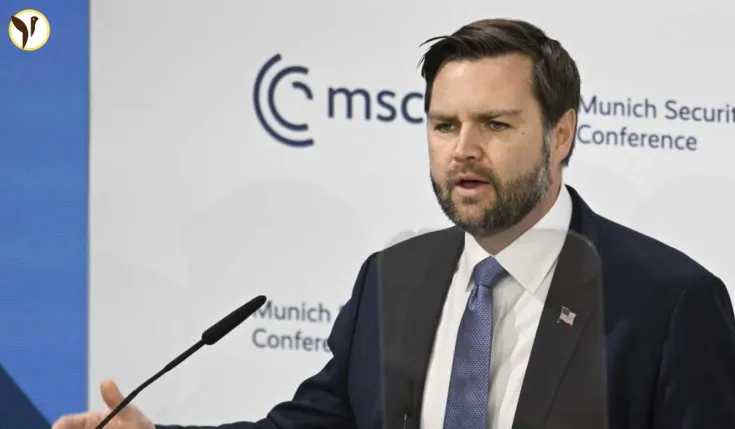Europe's Shaky Future: The Fallout From Munich
The Munich Security Conference? It wasn't pretty. What it really exposed was a huge crack in the relationship between Europe and the US. We're talking serious stuff here: great power games, the US seeming to ditch its traditional allies, and a culture war that's spilling over into international relations. The whole thing leaves me wondering what the future holds, especially for Ukraine and the rest of Europe.
A Shifting World Order
Honestly, who saw this coming? The US stepping back from its leadership role is alarming. Negotiating with Russia, leaving out Ukraine and other European countries? That's a huge slap in the face to European security interests. Yes, the US is pushing for Europe to spend more on defense and is pivoting towards Asia – but the suddenness of these shifts is incredibly unsettling. It’s left Europe scrambling to fill the void.
Ukraine: Caught in the Crossfire
Remember Trump's immediate offer to negotiate with Putin, without even talking to Ukraine first? That was a low blow. It basically treated Ukraine like it didn't matter, suggesting they should just accept Russian annexations and give up on NATO. For Ukraine, this wasn't just a diplomatic setback – it felt like a betrayal. It sends a dangerous message: that aggression pays off. And the fact that Europe was completely sidelined in these crucial discussions? Humiliating.
Europe's Response: A Plan for Survival
A “peace” dictated by Russia threatens all of Europe. A ceasefire without Ukrainian support is a recipe for instability and further Russian encroachment. Europe needs to act, and quickly. We’re talking a five-point plan here: bolstering Ukraine’s defenses, creating a secure ceasefire framework that actually works, seriously increasing defense spending, completely overhauling European defense, and establishing clear leadership within Europe itself. This needs to happen alongside strong sanctions and using those frozen Russian assets. It's the only way to deter further aggression.
Europe Needs to Unite, and Fast
Time isn't on our side. Europe needs to show a united front – a powerful, independent force capable of influencing negotiations between the US and Russia. If we fail to do this, Russia will just get bolder, and Europe will become even more vulnerable. The future of Ukraine, and Europe's security, hangs in the balance. We need action, not just words, before another war breaks out.






